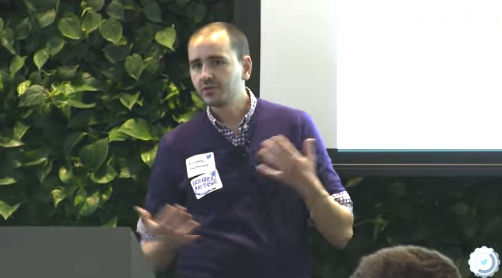Also included: Fedora and RHEL working for better laptop support, one new distro release and All Things Open announces tentative schedule.
FOSS Week In Review
Look on the bright side. We’re a third of the way through August, meaning autumn is just around the corner. Also, Oracle’s still having trouble getting its cloud off the ground, but I’ll let the mainstream tech folks tell you about that. This is the FOSS roundup, after all…
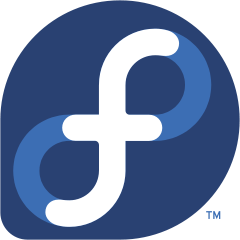 Better Fedora laptop support on the way: Red Hat has made an announcement that should eventually have a positive effect throughout all Linux distros. Today we learned from our good friends at Phoronix (I don’t actually know anyone there, but Larabel seems like a nice enough guy) that Red Hat is looking to hire a few good men…or women. They’re needed as an addition to the Red Hat Desktop Team, specifically to test laptops to make sure they’re all supported by Fedora and Red Hat. This is good news, because as far as giant corporations go, Red Hat is a pretty good open source citizen and I’m reasonably sure we can count on them to pass what they learn on to the greater community.
Better Fedora laptop support on the way: Red Hat has made an announcement that should eventually have a positive effect throughout all Linux distros. Today we learned from our good friends at Phoronix (I don’t actually know anyone there, but Larabel seems like a nice enough guy) that Red Hat is looking to hire a few good men…or women. They’re needed as an addition to the Red Hat Desktop Team, specifically to test laptops to make sure they’re all supported by Fedora and Red Hat. This is good news, because as far as giant corporations go, Red Hat is a pretty good open source citizen and I’m reasonably sure we can count on them to pass what they learn on to the greater community.
Christine Hall has been a journalist since 1971. In 2001, she began writing a weekly consumer computer column and started covering Linux and FOSS in 2002 after making the switch to GNU/Linux. Follow her on Twitter: @BrideOfLinux

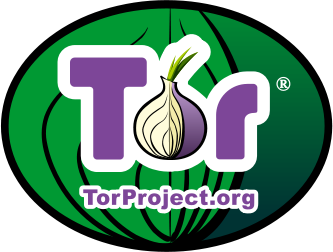

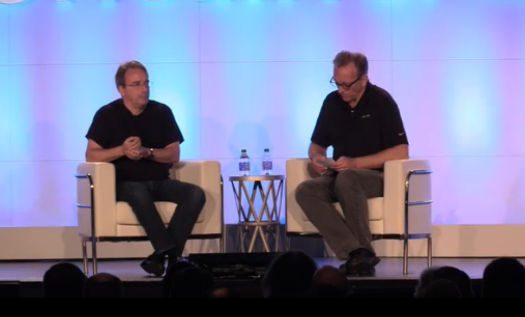
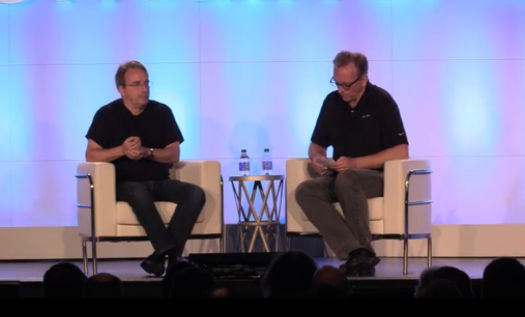




 Better Fedora laptop support on the way: Red Hat has made an announcement that should eventually have a positive effect throughout all Linux distros. Today we learned from
Better Fedora laptop support on the way: Red Hat has made an announcement that should eventually have a positive effect throughout all Linux distros. Today we learned from 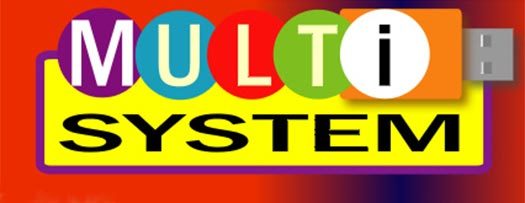
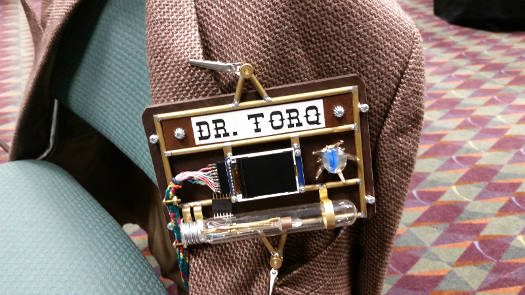

 FCC supports open source Wi-Fi firmware. For the last several months many open sourcers have been up in arms because it looked as if the door was being closed on open source on Wi-Fi routers after the agency changed it’s rules around radio interference on the 5 GHz band, making it difficult for router makers to allow users to install open source firmware on their routers. All along, the FCC claimed that shutting out open source use wasn’t part of the game plan, but we FOSSers are a suspicious lot and we weren’t buying it.
FCC supports open source Wi-Fi firmware. For the last several months many open sourcers have been up in arms because it looked as if the door was being closed on open source on Wi-Fi routers after the agency changed it’s rules around radio interference on the 5 GHz band, making it difficult for router makers to allow users to install open source firmware on their routers. All along, the FCC claimed that shutting out open source use wasn’t part of the game plan, but we FOSSers are a suspicious lot and we weren’t buying it.